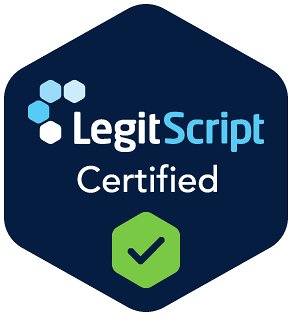During the holiday season, Christmas tree fires, impaired drivers and large public gatherings are just some of the threats to public safety that fire fighters and paramedics encounter.
If you’re a fire fighter or paramedic in recovery from drug or alcohol addiction, you face the additional challenge of maintaining your wellness and sobriety during the busiest time of the year. Entering a burning building requires a systematic approach, and navigating holiday stressors that threaten your sobriety is no different. This holiday season, your crew and community need you to be performing their best.

Consider these five strategies to stay on track:
1. Get to a recovery meeting today.
Now is not the time to skip on support group meetings, check-ins with your sponsor or routine counseling appointments. Work, family or social commitments may already make you feel stretched thin, but without sobriety as your top priority, you can kiss the rest goodbye. Regular check-ins with your support system provide crucial emotional support and accountability, which are necessary to sustain the progress you’ve already made. Try creating a written shift schedule for the next week to identify when you will fit in support.
2. Don’t forget the basic.
Whether you have been sober one month or one year, the age-old recovery acronym, HALT, should stay front and center this holiday season. Anticipate times of the day or week that you are likely to become Hungry, Angry, Lonely or Tired. A daily reality for anyone on shift work, these vulnerable physical and emotional states are also common scenarios that can trigger a relapse. Do your best to build in rest and relaxation, balanced nutrition, ways to blow off steam and moments to connect with others into your week. If you need help organizing a plan, ask someone you trust.
3. Choose parties wisely and bring a friend.
In agreeing to attend a holiday party or gathering, be honest with yourself — is this appropriate for your stage of recovery? If you’re unsure, get a reality check from a sober friend, sponsor or your counselor. If you do agree to attend, bring a trusted friend who will help you stay on track. Consider bringing your own pre-made, non-alcoholic beverage and leave whenever you feel ready. Don’t offer to be the designated driver, as hanging around late while everyone parties can put you in a vulnerable situation.
4. Balance selfish with selfless.
For any fire fighter or paramedic, putting others first is a source of meaning, pride and identity. Conversely, being in recovery often means putting yourself first, by setting boundaries and saying no to people you care about. Staying sober doesn’t mean you must alienate yourself from the world; sobriety means getting creative. If you decline to attend a friend’s party, consider dropping off a dish beforehand instead, or asking them to meet up for breakfast later in the week. This holiday season, look for formal and informal opportunities to say you care — with your crew, neighbors, church or family.
5. Be wary of rationalizations to drink or use.
During the holiday season or any busy time of the year, it can be easy to let your guard down. Attempts to normalize or justify your use, such as, “I deserve to unwind too,” or “One drink in honor of our lost brother,” can be a slippery slope to full-blown relapse. For every excuse you can think of to drink or use, write down a reason you are committed to recovery. Keep this list accessible in your pocket, bedside or phone and review it regularly.
If these sobriety strategies seem unrealistic or impossible for you this holiday season, it may be time to get help in a supportive environment with other brothers and sisters who share your struggles. The IAFF Center for Excellence is a 64-bed, comprehensive treatment center designed exclusively for IAFF members struggling with PTSD, addiction and other co-occurring mental health problems. Timely help is one phone call away. Call the Center of Excellence for Behavioral Health Treatment and Recovery at 855-999-9845 today, for free, no-obligation and confidential screening.




